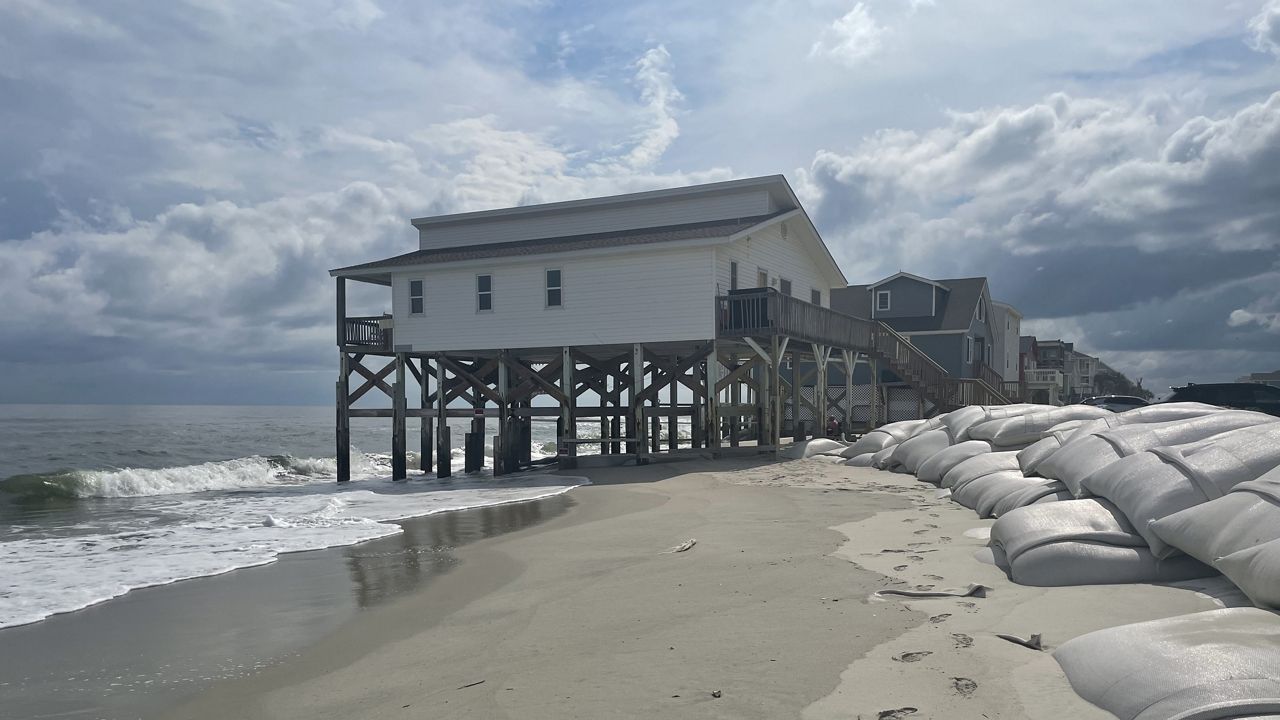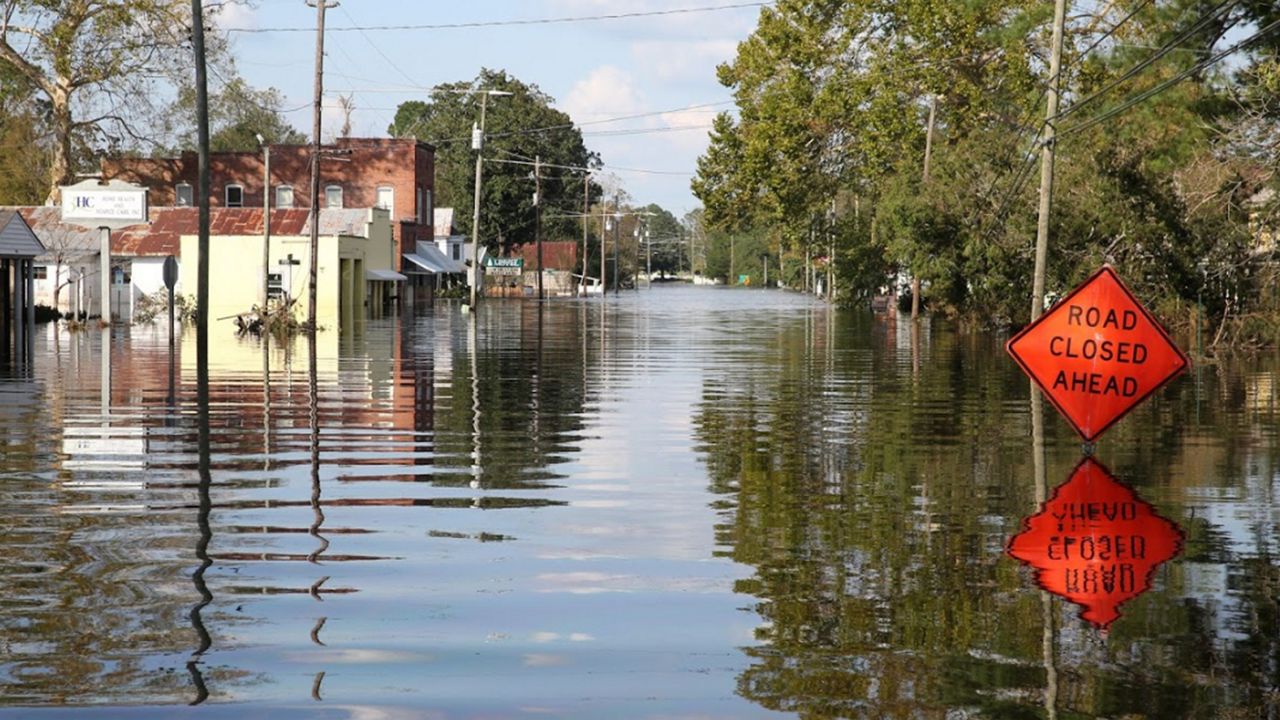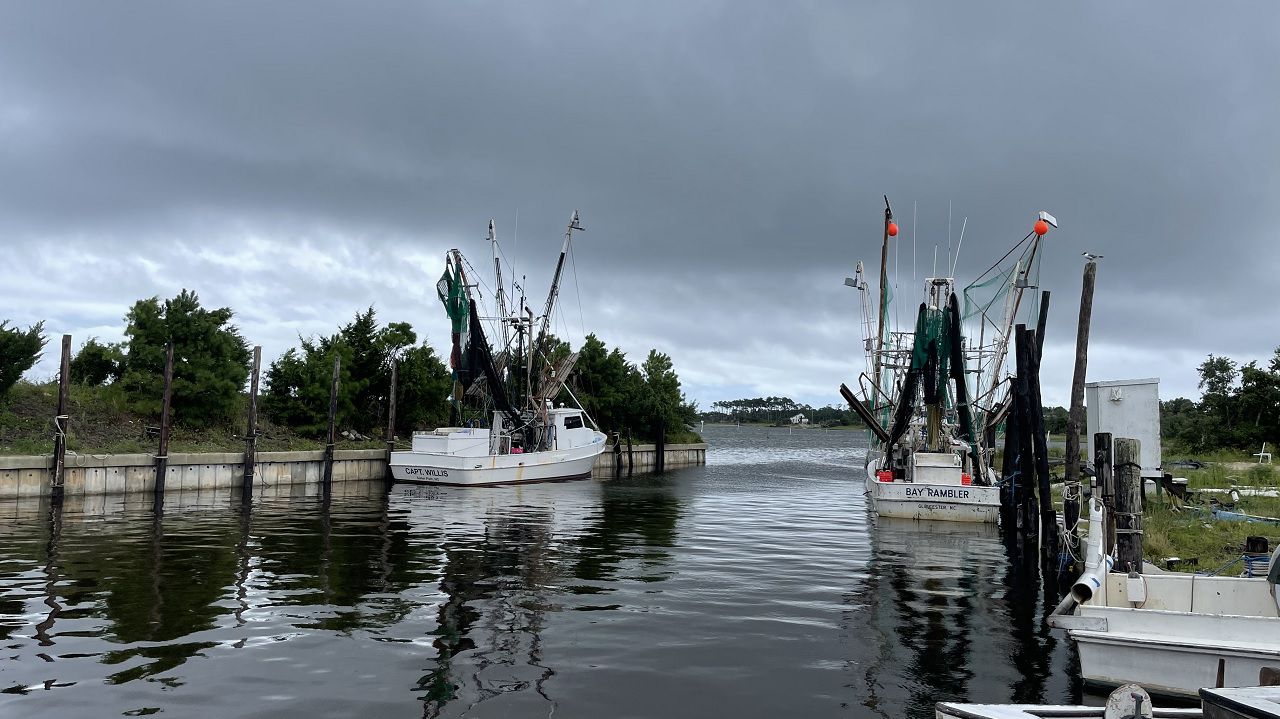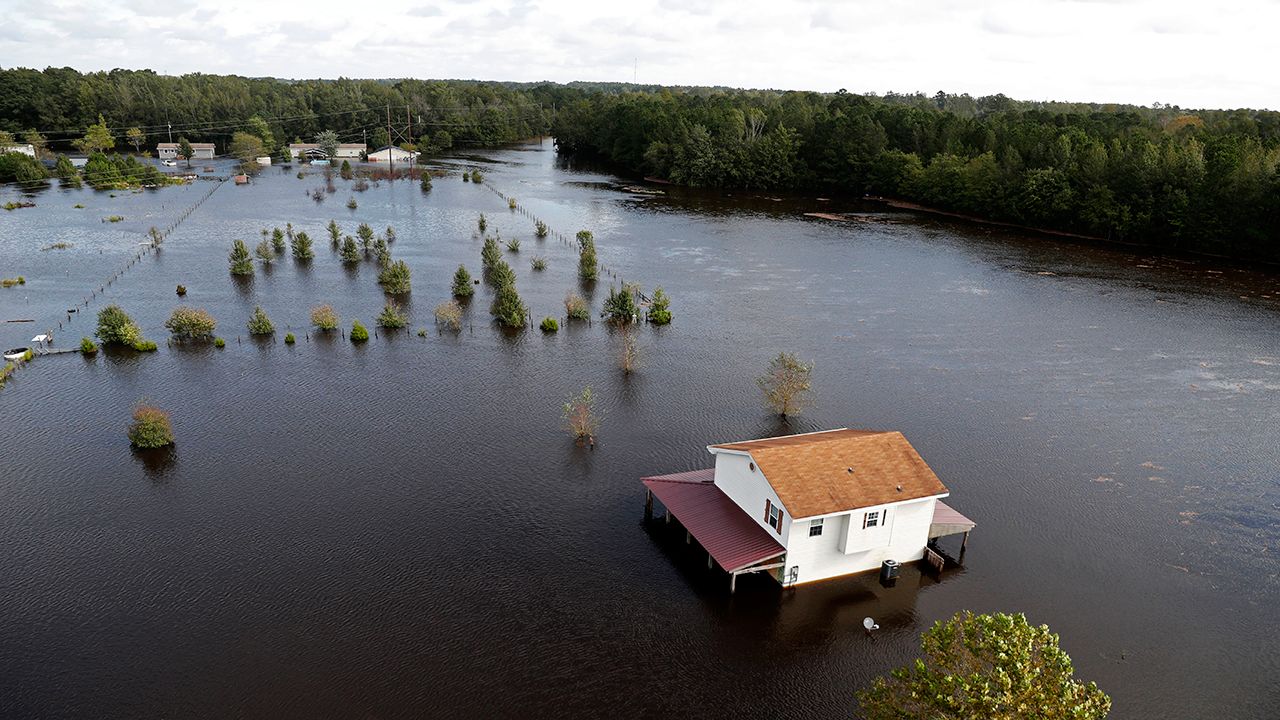There seems to be a yearly battle between North Carolina Highway 12 and storms.
The highway running along the Outer Banks is like no other in the state and possibly the country. Longtime Hatteras Island resident Natalie Kavanagh described it best when he said, "It’s a small ribbon of highway down a small ribbon of sand."
That small ribbon of highway is the only way in and out of Hatteras Island and other Outer Banks communities like Rodanthe and Avon.
However, it is more than just that. Kavanagh pointed out, "It’s our livelihood. If we don’t have that highway, we can’t get the hundreds of people, thousands of people coming and going."
Many take Highway 12 to the business Kavanagh's family has run since the 1960s -- Frisco Shopping Center. It's a one-stop shop for all the necessities you may need for an Outer Banks vacation, including fishing supplies, groceries and souvenir t-shirts.
It is not always easy to keep the highway that businesses, like the Frisco Shopping Center, visitors and residents depend on open. Kavanagh said, "NCDOT -- those guys work in all kinds of weather."
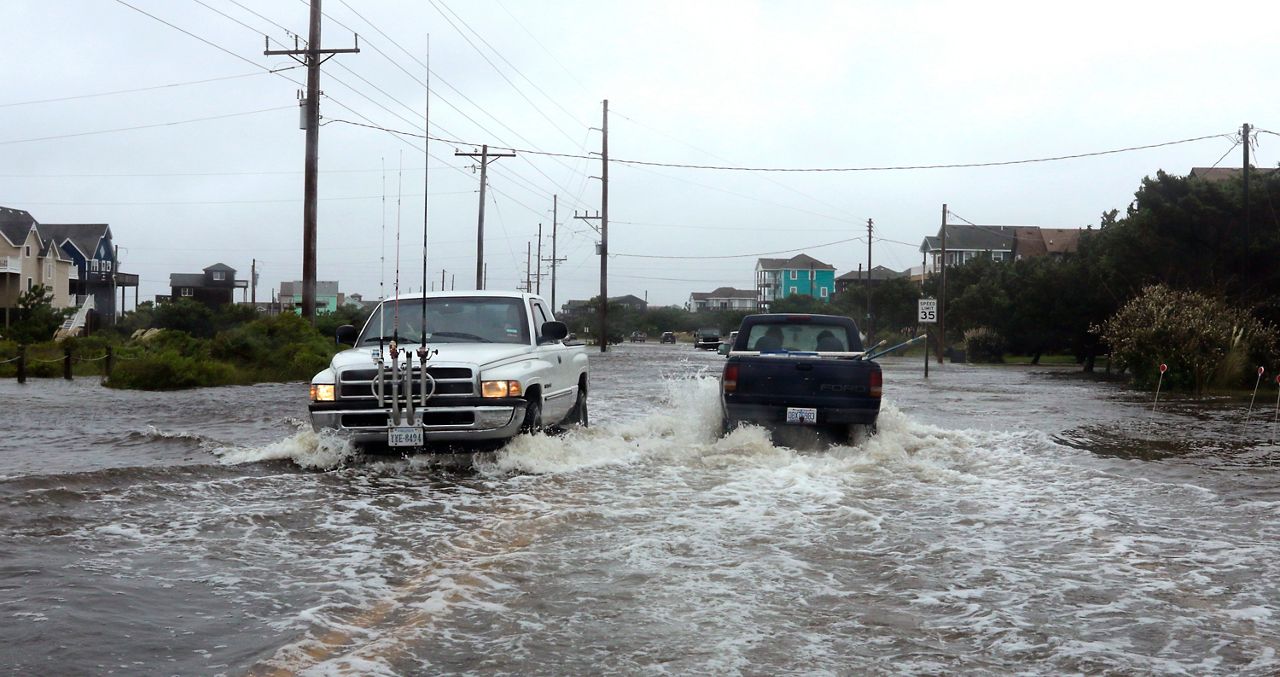
Jeff Ryder, the NCDOT maintenance engineer who oversees the crews that work to keep the road open, described those challenging conditions, "In addition to the ocean overwash, we have situations where we get flooding from the sound."
He added, "The guys that have been here close to 30 years said they think they have moved the same grain of sand about a billion times."
Even weaker tropical systems that have been offshore have overwashed sections of the road, including one near Rodanthe.
The state is building a new bridge for a better route around the problem spot. Some are calling it the "Jug Handle Bridge" because of its shape. It's scheduled to open later this year or early next year at a cost of $155 million.
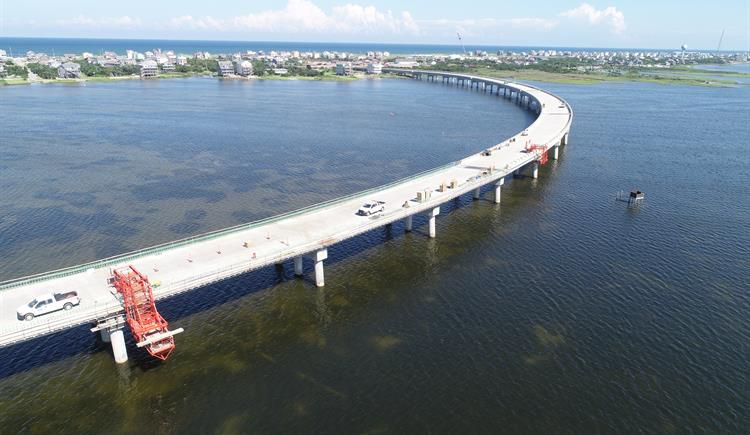
Ryder says, "It will make it easier in the fact that it will be one less hot spot. But it won’t change what we have to do."
NCDOT has identified six other "hot spots" that can close these vital links for the Outer Banks during storms or even higher than normal tides.
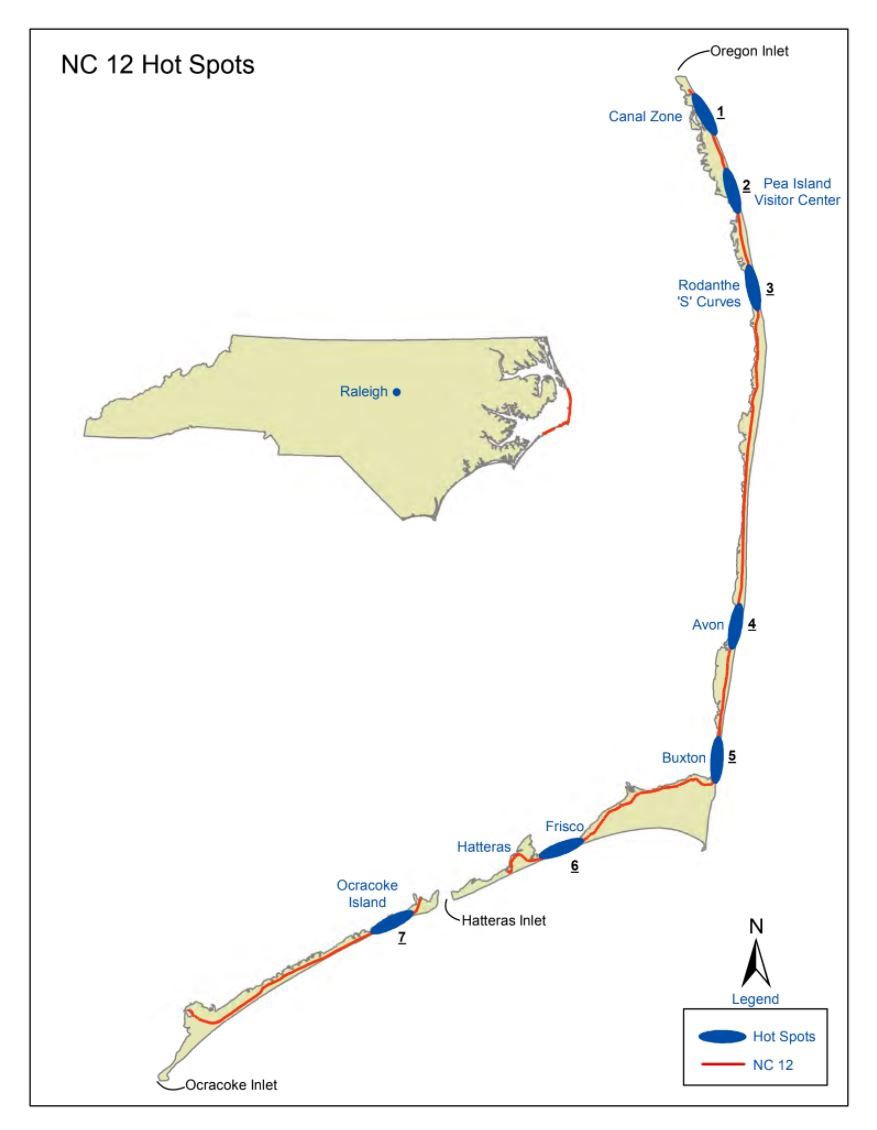
There will likely be more hot spots in the future.
We also spoke with a coastal geologist that studies barrier islands, including the Outer Banks.
Tony Rodriguez with UNC's Institute of Marine Sciences says a warming climate will cause more problems. He said, "We’ll probably have higher sea levels more frequently or even stronger storms. So, all of that will make the process of overwashing the barriers happen more frequently and probably to a greater extent."
Solutions to these problems could come at a large price.
Rodriguez described different solution interests along the Outer Banks he may have to consider, "On the extreme side, evacuate and abandon the area. On the less extreme side, it could be putting in a ferry system or having a hybrid approach where you have ferries and some roads that are maybe less expensive to maintain."
No one we spoke to wants to have to use the extreme solution. After all, the Outer Banks has a special place in the heart of North Carolinians and many around the country.
Natalie Kavanagh at the Frisco Shopping Center said, "This is a place where people love to come. And we want to make sure we can keep them coming here for generations. How we do that depends on what scientists, business leaders and community leaders can figure out."
Just this year, a task force was formed to develop a long-term plan for Highway 12. The group consists of federal, state and local agencies.
Click here to view the costs of maintaining Highway 12 over the last ten years.






